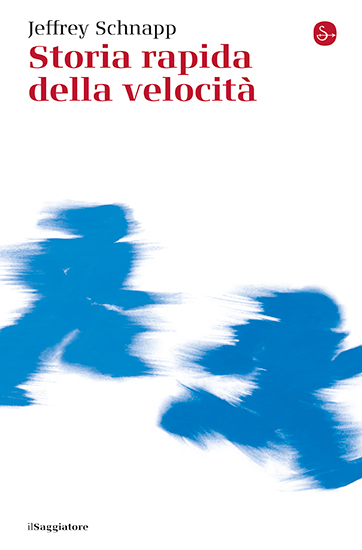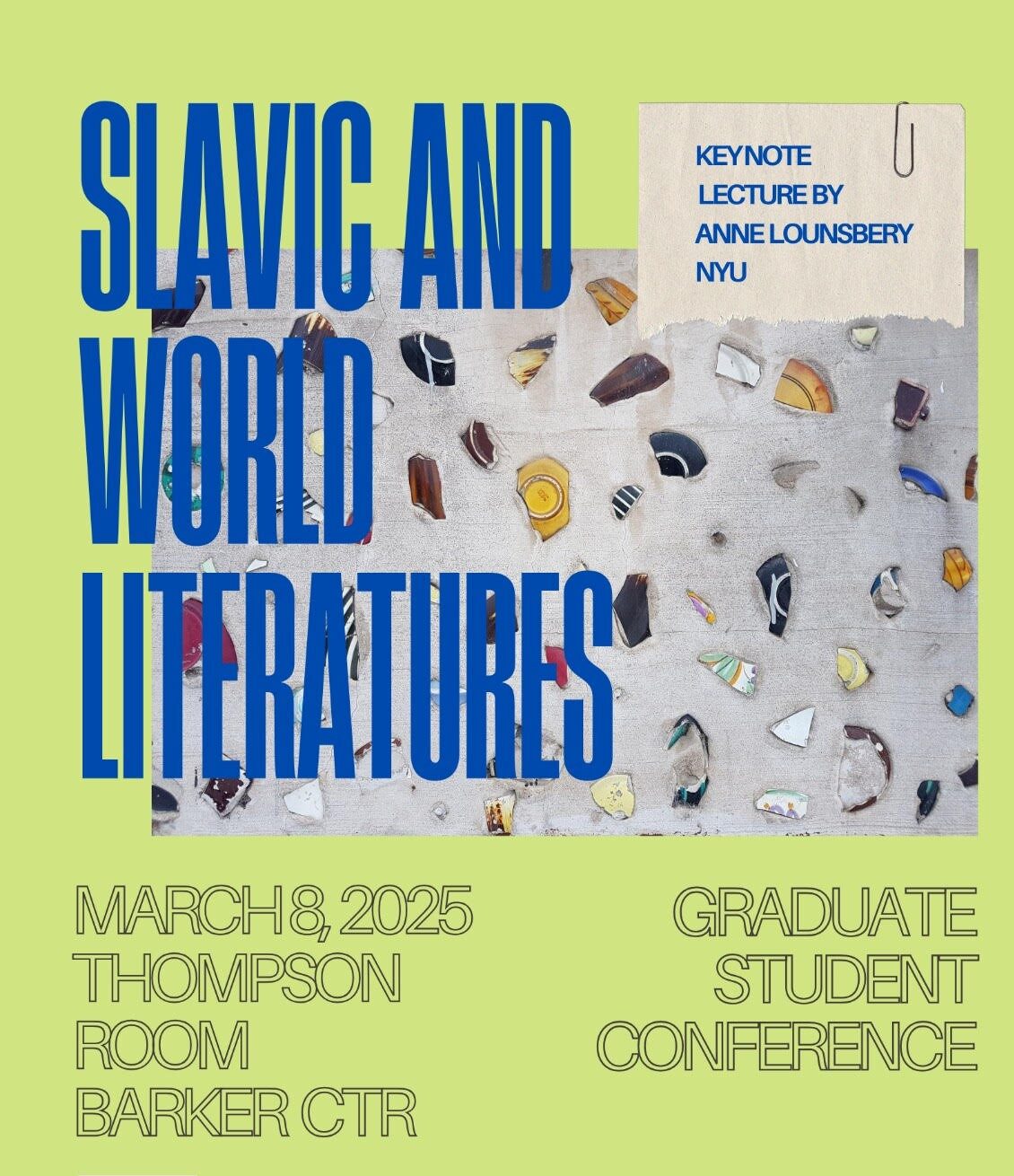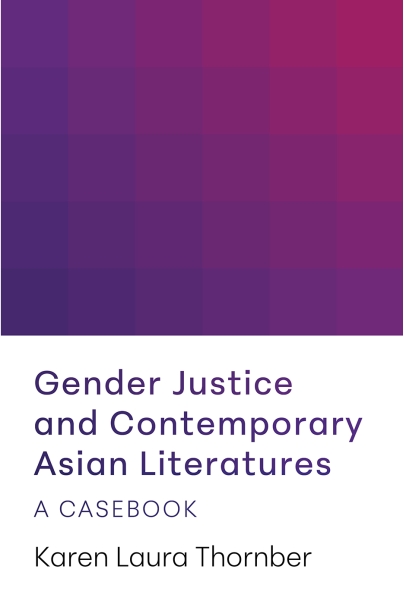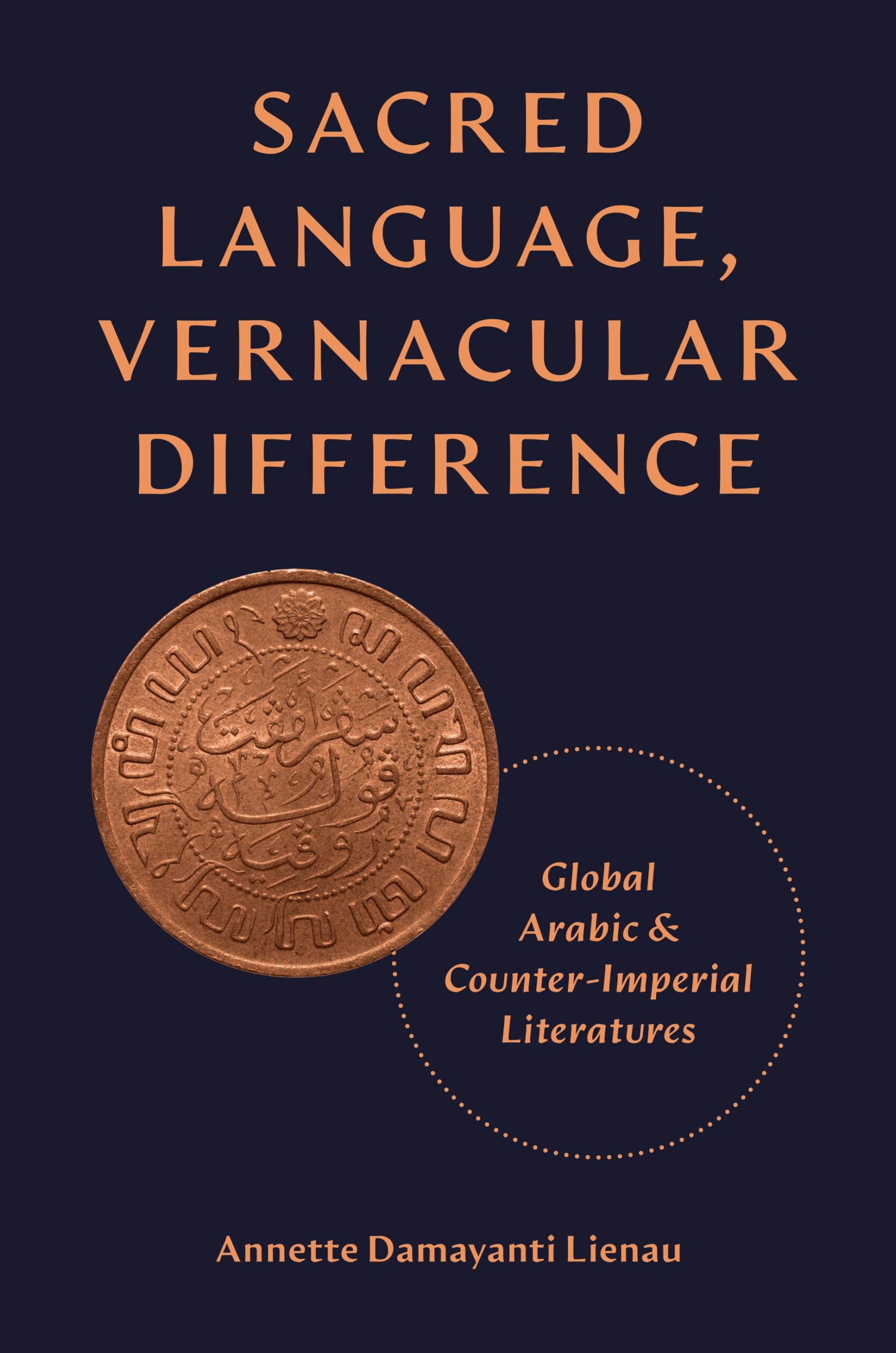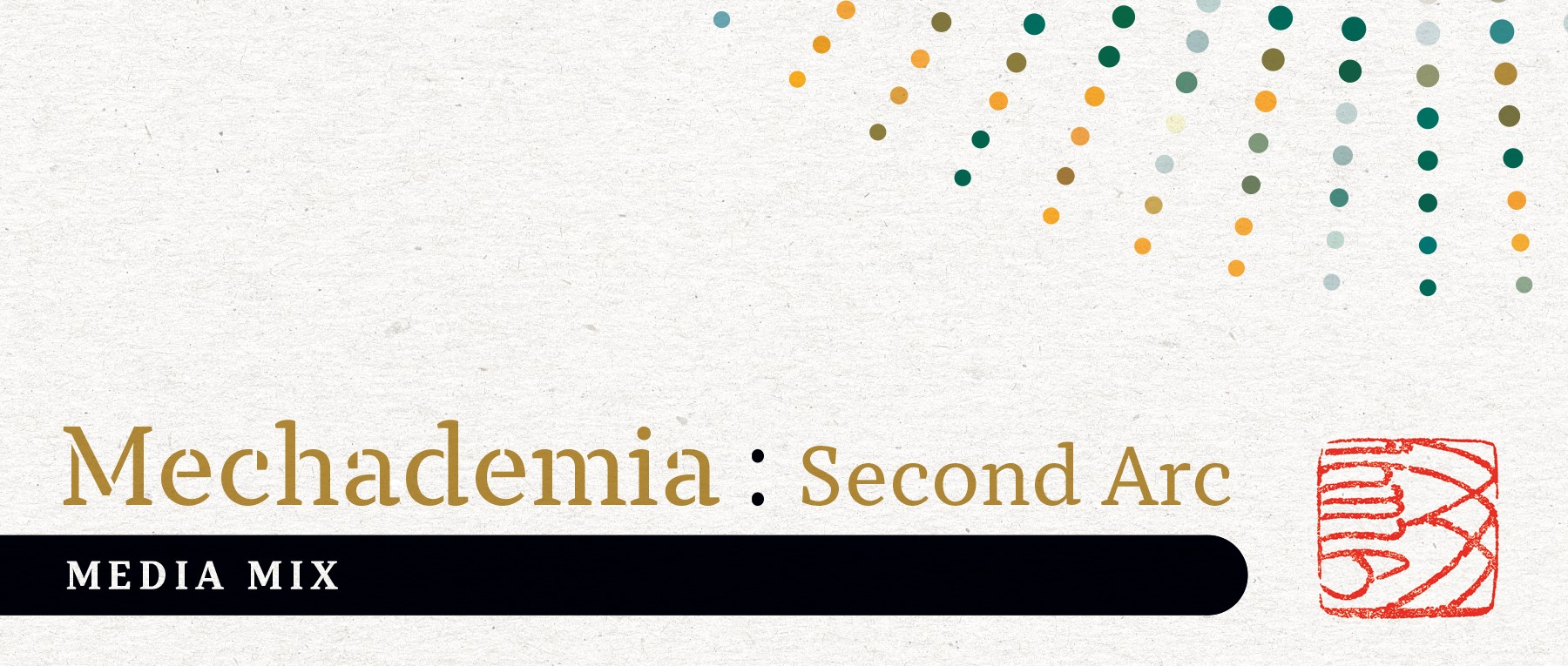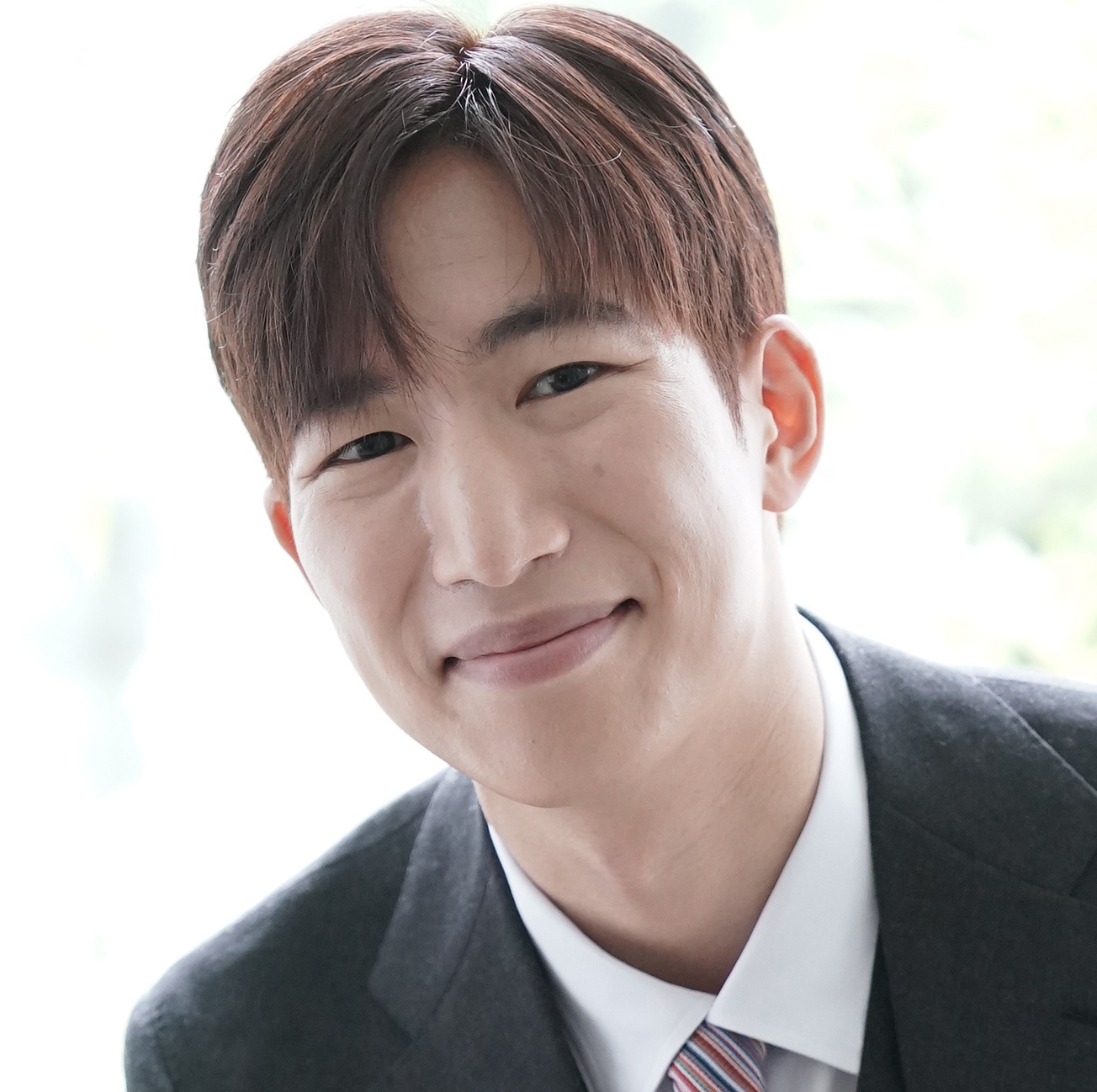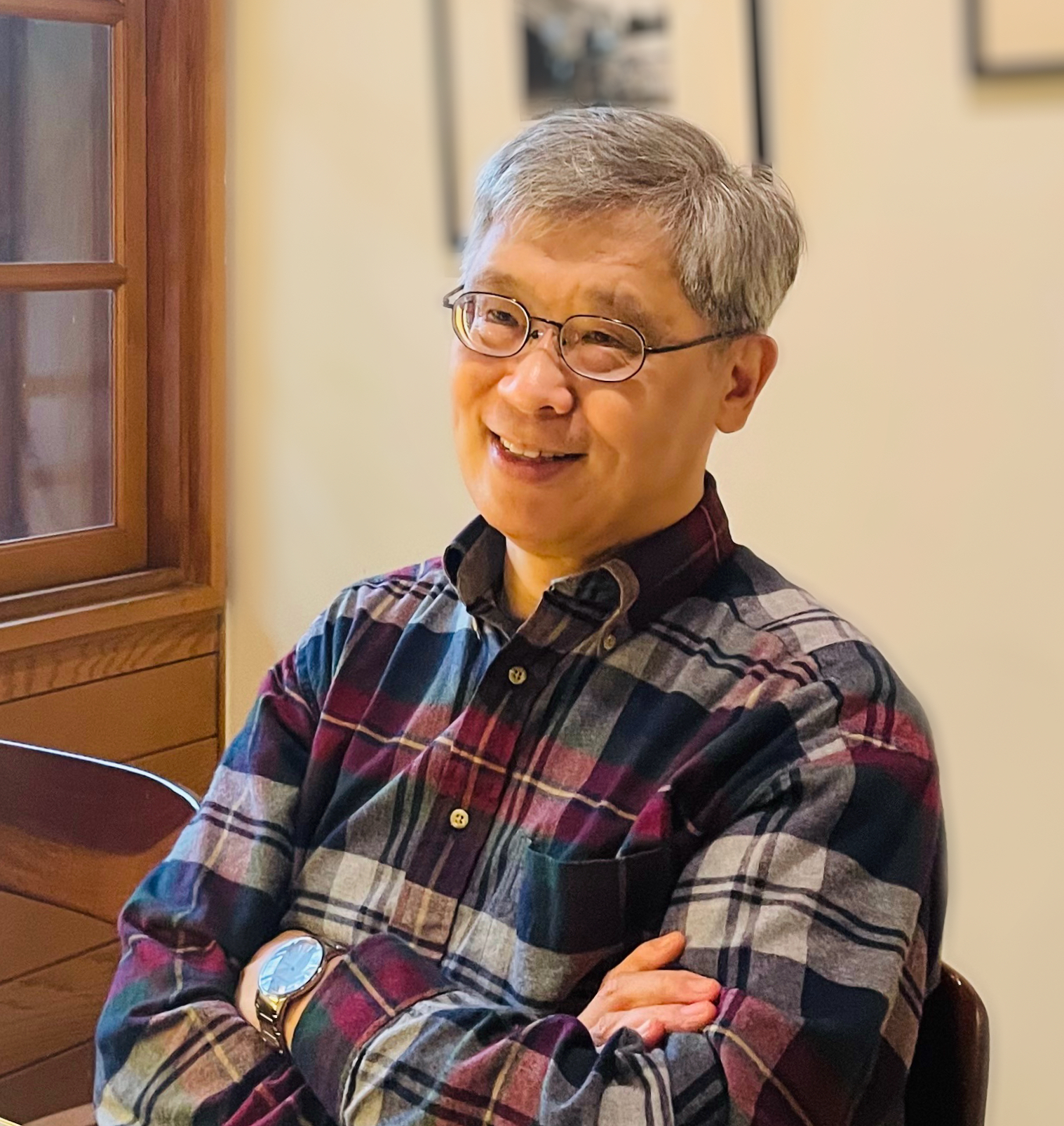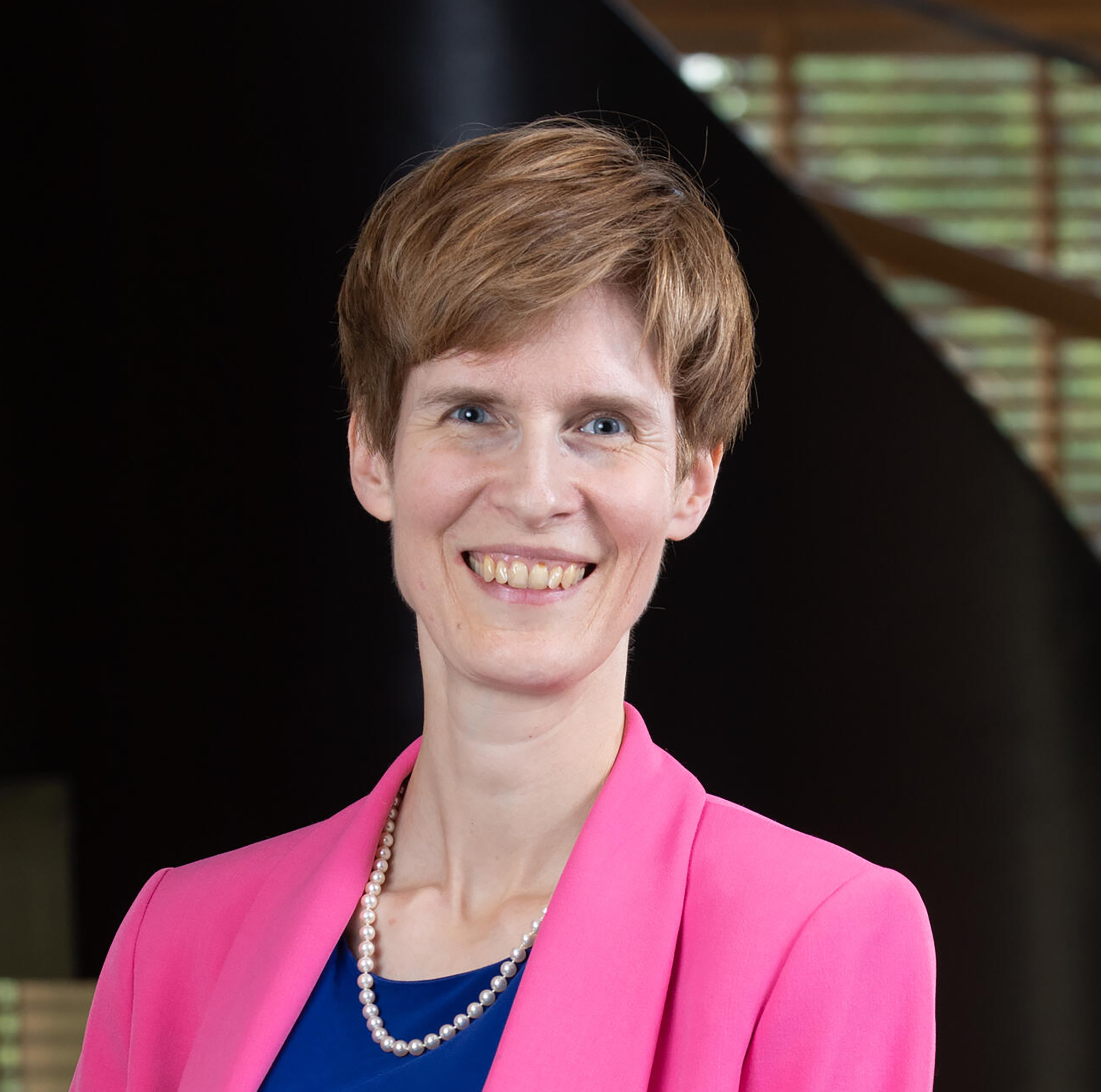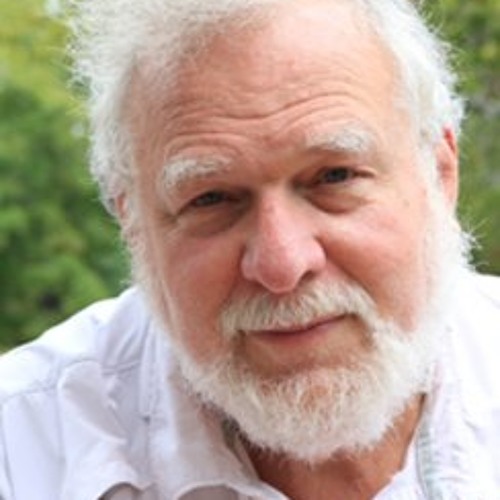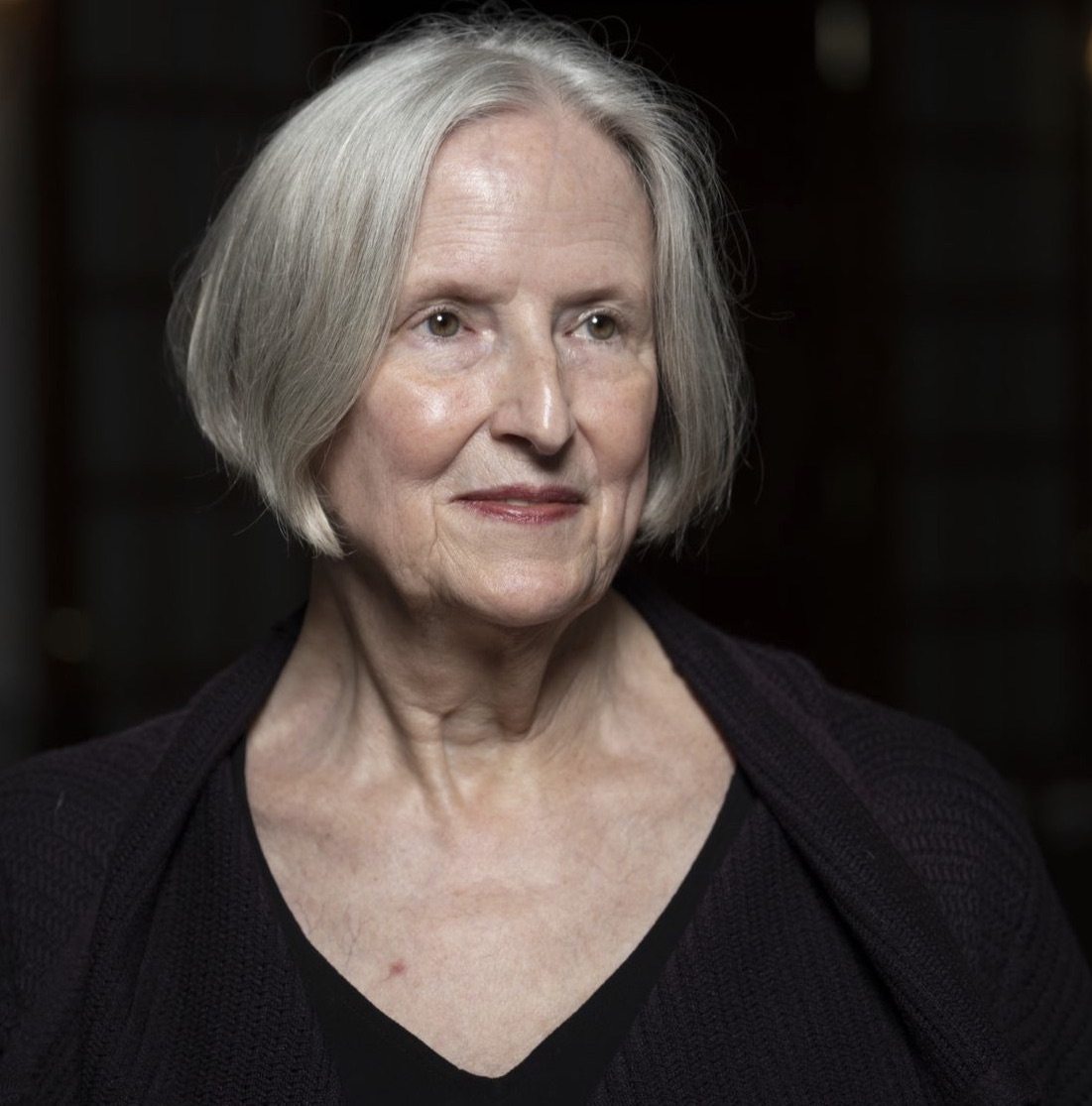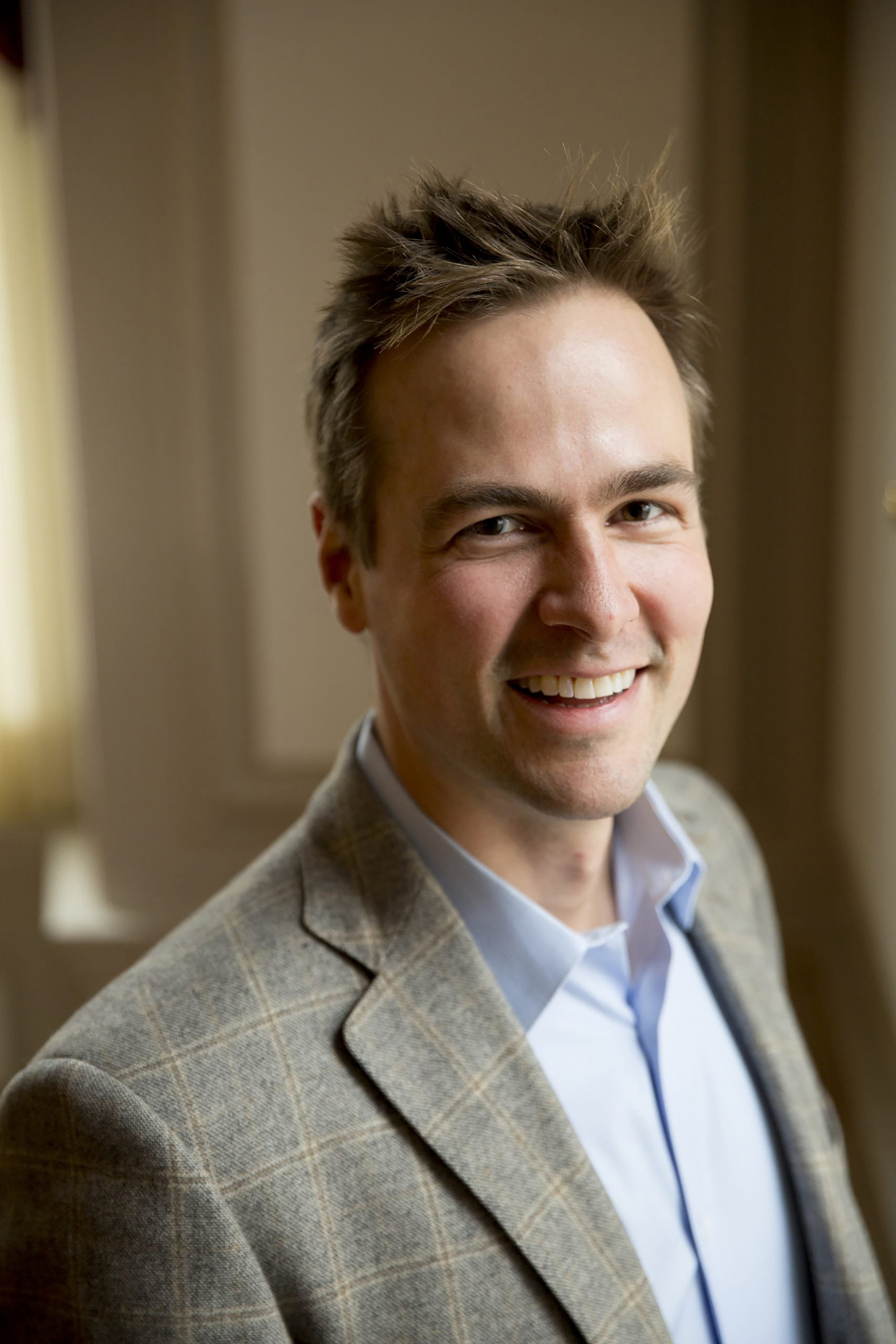Spring 2026: We read a range of historically important works of literature from around the world—twice! We read everything carefully in more than one translation to learn the art of rereading, as well as how to enjoy and critique translations, not just read “through” them. We also learn about the structure of a range of languages, and think about how those languages shape their literatures. This is a great class to take if you’re thinking about learning a new language in the future. It’s also a good entryway to other literature and language classes for first- and second-year students, as well as for students concentrating in fields outside the humanities. Through a sequence of assignments in analyzing what translations do, we hone your writing for clarity, economy, and logic. This course also counts toward the Secondary Field in Translation Studies. Taught in English; no other languages required (just curiosity).

